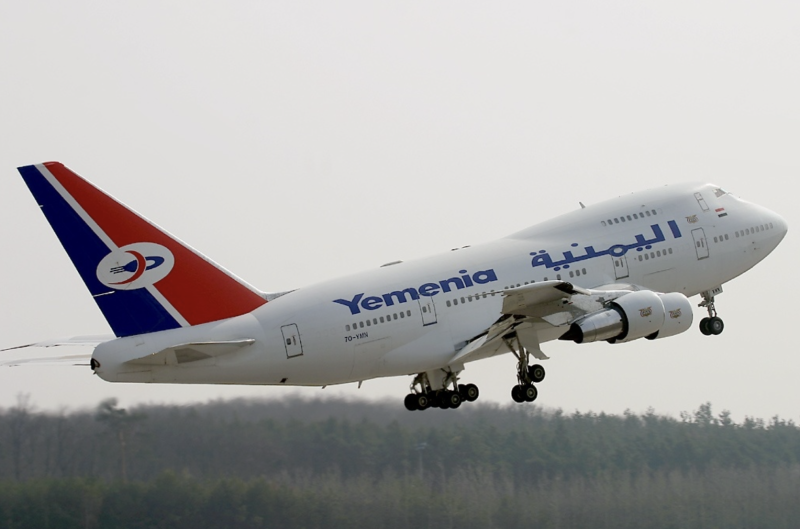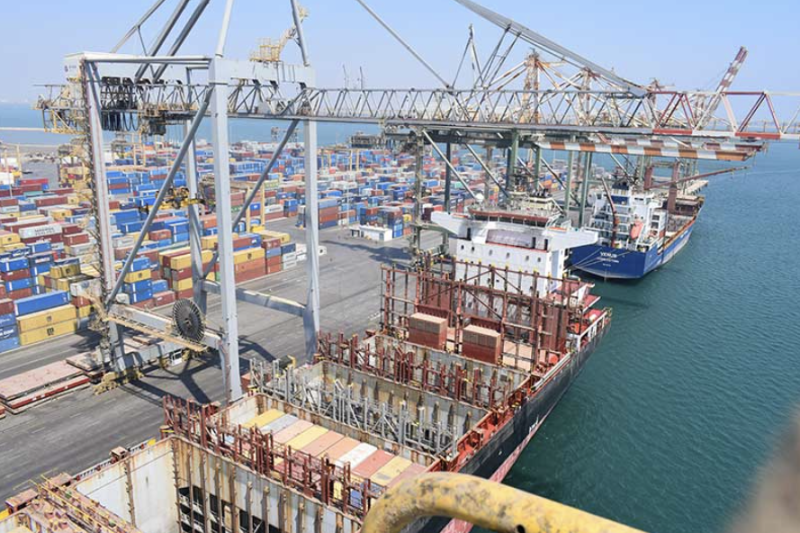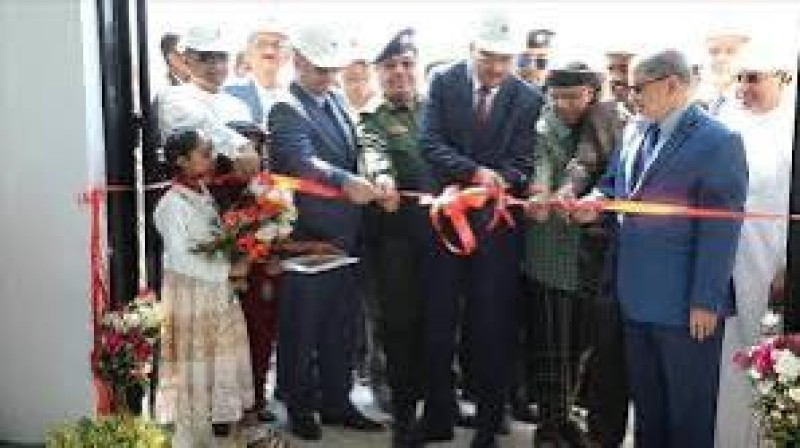Humanitarian crisis in Yemen: Seven years on, WHO is strengthening the health system, responding to vital health needs, and saving lives


Since 2015, Yemen has faced a severe and complex humanitarian crisis due largely to the growing activities of armed groups, inter-community tensions, and economic decline.
The Yemen crisis is also linked to additional factors such as food and nutrition insecurity, COVID-19, other disease outbreaks, climate change, and natural disasters. A devastated health system, disruption of water and sanitation networks, and massive numbers of displaced people have fueled the rapid spread of diseases including cholera, diphtheria, measles, polio, and dengue.
Yet, amidst the devastation, the Yemeni people remain determined, resilient and hopeful.
Today, WHO continues to play a leading role in advising and supporting Yemen health authorities, partners and community health workers in their efforts to sustain essential and life-saving health facilities and services throughout the country, and reaching the most vulnerable populations. WHO is also ensuring life-saving medical and nutrition care for children suffering of severe acute malnutrition (SAM) with medical complications. Medical supplies and equipment are being delivered to COVID-19 isolation centers and emergency operations centers (EOCs) that coordinate responses to all public health emergencies, with nearly 300 health facilities provisioned with fuel, oxygen, water and medical supplies and equipment, allowing them to:
admit 322,454 patients
conduct 6.5 million outpatient consultations
deliver 139,888 babies
perform 37,496 caesarian sections
conduct 246,679 major and minor operations
immunise 104,234 children for Penta 3
The health needs of the Yemeni people are expected to become even more urgent and widespread in 2022, unless there is conflict de-escalation, improvement in the economy, and available funding for humanitarian response sectors, including the health sector.
Although health assistance to Yemen remains severely underfunded, WHO is prioritizing continuity of services and functionality of operation theatres, ICUs and COVID-19 testing and treatment centers. WHO also continues working to provide life-saving medical equipment, essential drugs, supplies, and other support and services so that most vital health services remain available for the Yemeni people.
WHO continues to call on all parties in Yemen to facilitate humanitarian access, and to protect civilians, health workers, patients, and healthcare facilities.

Aden -- Yemen Airways has announced the cancellation of the mandatory round-trip ticket requirement for passengers traveling from Yemen to Saudi Ar…

Aden — Ports under the authority of Yemen’s internationally recognized government have received more than two million metric tons of fu…

Mukalla — Local authorities in Hadramout have announced the inauguration of Yemen’s first solar-powered cement station, a landmark proj…